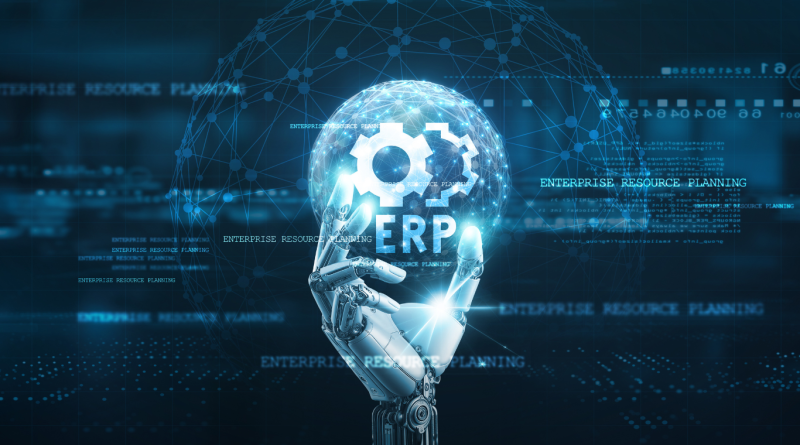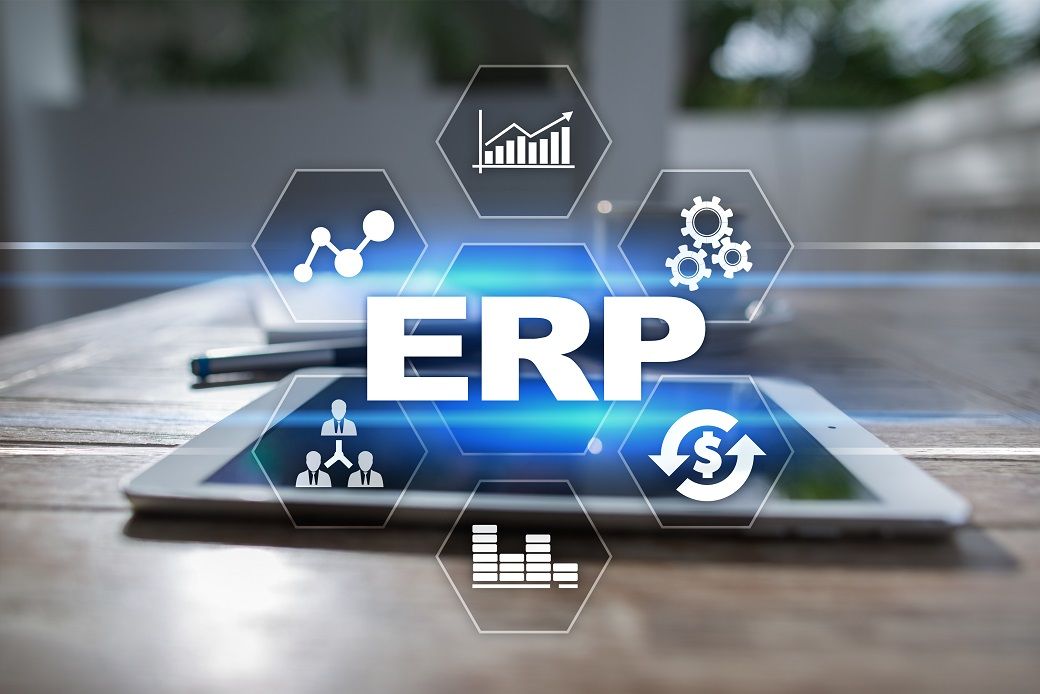Human resource management has become more complex as companies expand and multiply their branches, making traditional systems unable to meet their needs accurately and quickly. Therefore, the enterprise resource planning system has emerged as an integrated solution that connects the organization's departments and facilitates employee management within an advanced central system, while the traditional human resources system remains limited in its capabilities, which makes comparison between the two systems necessary to choose the most appropriate one to manage human resources efficiently. For more details, read on.
The concept of the ERP system in human resources management
ERP is an enterprise resource planning system that aims to integrate all administrative, financial, and human processes within a single platform, so that different departments operate interconnectedly and synchronously. In the context of human resource management,
ERP software enables tracking of employee data, managing salaries, vacations, evaluations, and training, within an integrated digital environment. The system also features the ability to analyze data and provide accurate reports that help management make strategic decisions based on actual information.
Traditional HR system concept
A traditional HR system refers to old software or methods that are limited to managing employee affairs only, without integration with the rest of the organization's systems. Its functions are often limited to storing employee data, calculating salaries, and recording attendance and departure. These are basic but limited processes. These systems also operate independently, which makes it difficult to exchange data between other departments such as finance or planning Consequently, management efficiency becomes lower in large organizations that need comprehensive integration at all levels of work.
The difference between ERP and traditional HR systems in employee management
The most notable differences between ERP and traditional HR are as follows:
1. Integration scope
One of the most notable differences between ERP and traditional HR is the scope of integration.
The best ERP software is not only concerned with managing personnel affairs, but also links the human resources department with the financial, administrative and production departments, allowing information to flow in real time. For example, when hiring a new employee, his data is automatically updated in the financial system to prepare the salary and in the training system to determine the required courses Whereas in a traditional system it requires manually entering data into each separate system, which increases the possibility of errors and consumes time.
2. Operational efficiency and time management
An ERP system is more efficient at managing time and daily operations, because it relies on automating procedures and updating information instantly, which reduces the need for paperwork or frequent input. For example, an HR employee can extract a comprehensive report on absence and productivity in just minutes, while a traditional system requires hours or days to collect information manually, and over time, Using an ERP system significantly improves operational efficiency and reduces administrative costs.
3. Accuracy and transparency in data
One of the core strengths of the ERP system is its high data accuracy. Information is collected from reliable and automatically updated sources, ensuring accurate and transparent reporting. This enables management to make strategic decisions based on real numbers. The traditional HR system relies on manual input, which exposes data to human errors, deficiencies, or duplication. It is also difficult to track changes or identify the source of errors, which can lead to administrative decision-making disruptions.
4. User experience and accessibility
Modern ERP systems offer flexible and easy-to-customize user interfaces, allowing employees to access their personal data, request leave, or review salaries via a unified electronic portal. In the traditional HR system, employees need to communicate directly with the human resources department to complete each procedure, which consumes time and increases pressure on the management team. With ERP, the experience becomes smoother and employees feel independent and transparent in dealing with their work affairs.
5. Smart analysis and reporting
One of the most important advantages of the ERP system is its ability to generate analytical and intelligent reports in real time. Managers can analyze performance indicators, productivity rates, absenteeism rates, and job satisfaction levels via interactive control panels. This type of analysis contributes to improving management decisions and planning the workforce efficiently, while the traditional system lacks this feature, as reports are fixed and limited and do not provide a comprehensive vision that helps in forecasting or strategic development.
6. Security and data protection
Security is one of the most prominent points that distinguishes the ERP system from traditional systems, as the ERP relies on an advanced technological structure to protect sensitive data, including encryption, permissions management, and automatic backup, which reduces the risk of losing information or unauthorized access. In contrast, traditional HR systems rely on local storage or paper files that may be easily lost or hacked. With the increasing importance of data protection in the digital age, Relying on
ERP accounting software becomes a necessity, not a luxury.
7. Cost and long-term investment
An ERP system may seem expensive at first compared to a traditional system, due to its need for technical infrastructure and employee training to use it. However, in the long run, it is a profitable investment because it reduces human error, increases efficiency, and saves time. While a traditional system may seem less expensive at first, it causes indirect losses resulting from poor performance and difficulty in monitoring and analysis Therefore, modern companies tend to adopt
the ERP human resources system as a strategic option to achieve sustainable growth.
8. Modernization and future development
ERP systems are highly scalable and adaptable. They can be linked to artificial intelligence, the Internet of Things, and predictive analytics, making human resource management smarter and more interactive. Traditional HR systems remain limited in development, often stopping at core functions without the ability to adapt to future requirements. Therefore, organizations aspiring to complete digital transformation find ERP the ideal choice to achieve their future vision.
Conclusion:
It can be said that the difference between the ERP system and the traditional HR system is not limited to the technical aspect only, but extends to include the way of thinking about human resources management. While the traditional system focuses on daily operations,
the ERP accounting system aims to build an integrated strategic system that connects employees to management and achieves greater operational efficiency and transparency. With the acceleration of digital transformation in the business world, Adopting an ERP system has become a necessary step for every organization seeking sustainable development and achieving excellence in managing its human resources.


Add New Comment